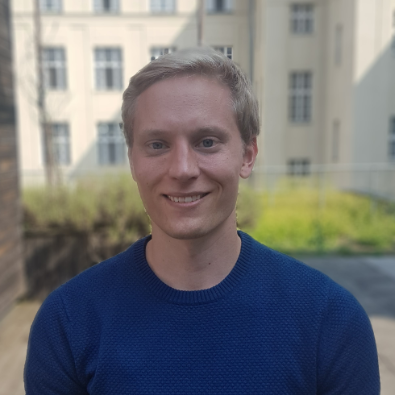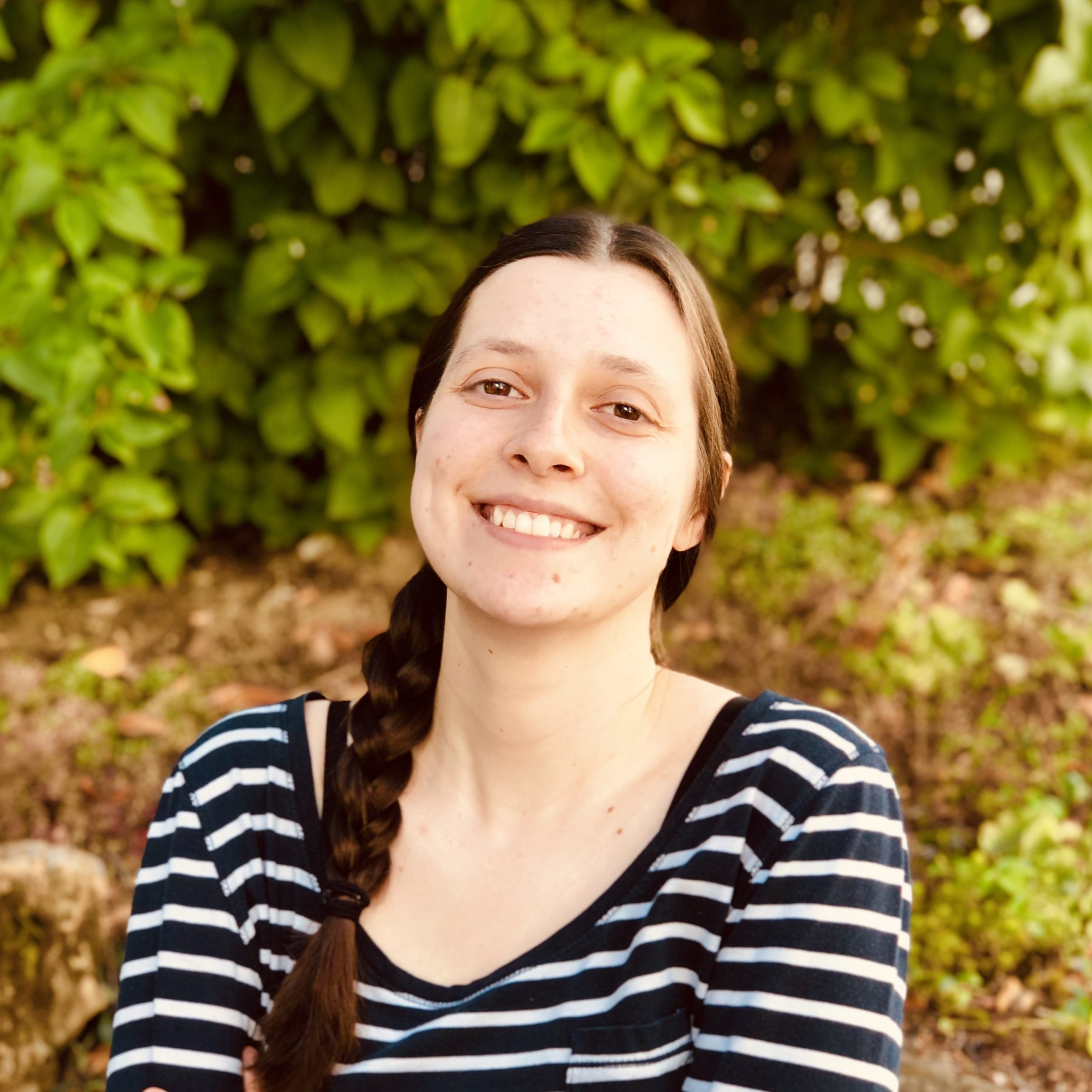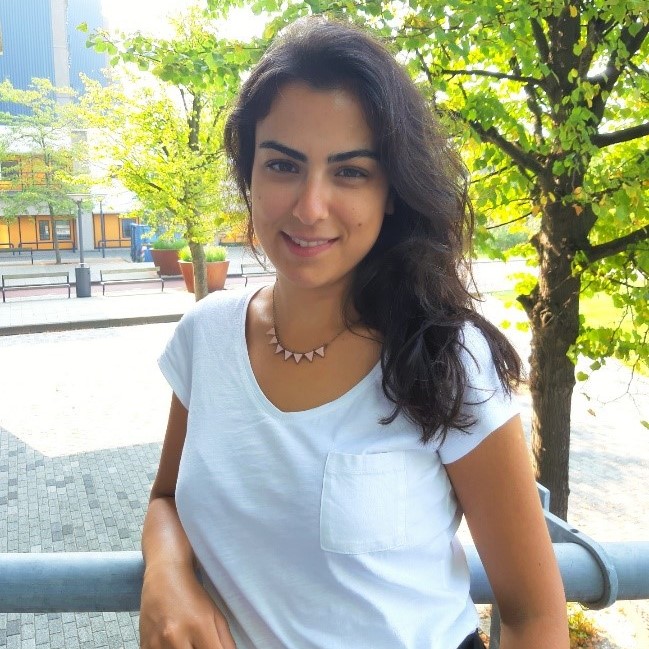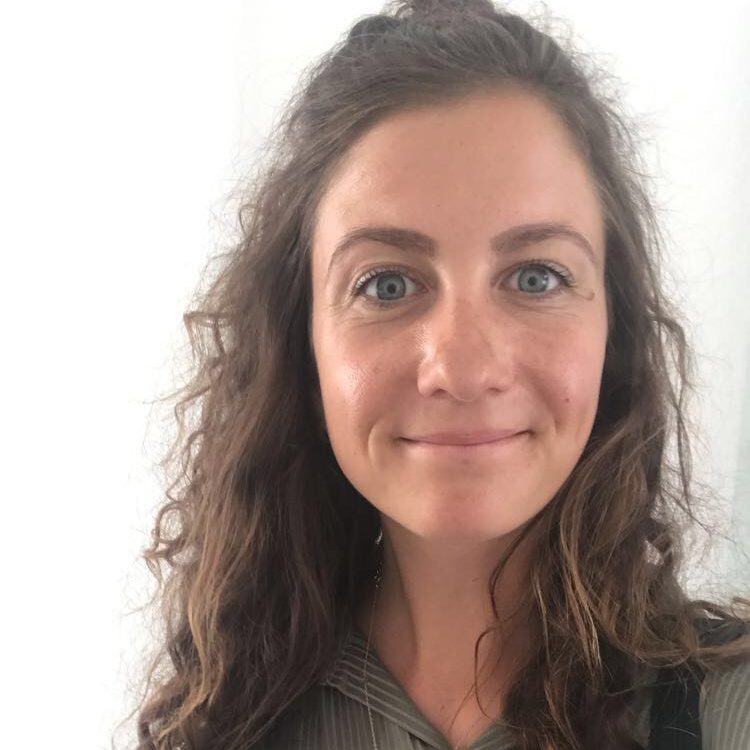Hi, my name is Mathilda Kaminska (ESR 5) and I am currently conducting a PhD at the INSPIRE laboratory at Jena University Hospital. My aim is to develop a more physiologically relevant in vitro model for studying the gut and gut-microbiome interactions. To accomplish this, we would like to establish and conduct TEER measurements across the modelled intestinal barrier as an additional outcome measure for barrier integrity. Thus, a planned secondment was carried out in collaboration with the Applied Stem cell Technologies group and BIOS lab-on-chip group at The University of Twente from February 14 to March 18, 2020. Firstly, incorporation of electrodes into the microfluidic system was refined and thereafter TEER measurements were successfully carried out. Future measures to incorporate this particular technique in our laboratory group has begun.
A special thanks and appreciation of efficient collaboration is given to everybody who was involved in the success of this secondment, more specifically in the AST group and the BIOS group at Twente University.
During my stay in Twente the surrounding nature and friendly attitude of the people improved it. Furthermore, the peanut butter sauce is definitely worth a try.
Overall, it was a very positive experience to work at UTwente, collaborate with different people, revisit The Netherlands and I have gained more ideas on how to further work on my PhD project.





